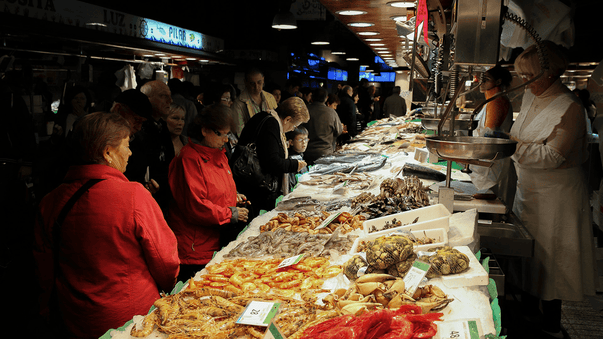Anti-Aging, Nanotech, Medical Bots, and Apples

Many impressive advances in health and life sciences were announced last week.
Current research results on the rejuvenation of rat brain stem cells in the lab could one day open the door to rejuvenation in humans. New CRISPR methods permit parallel, simultaneous editing of many genes, with enormous potential for biomedical research and biotechnology. Nanotube fibers, implanted in damaged hearts, have restored healthy heart functions. Scientists have turned E. coli bacteria into synthetic biology factories. A robotic aid has been shown to dramatically improve the quality of life of ALS patients.
And don’t forget to eat apples and drink tea to protect yourself from cancer and heart disease!
Aging process reversed in rat brain stem cells. Researchers at University of Cambridge have shown how increasing brain stiffness as we age causes brain stem cell dysfunction, and demonstrated new ways to reverse older stem cells to a younger, healthier state. A study published in Nature reports that brain stem cells from older rats, grown in synthetic soft brain tissue engineered to reproduce the softness of young rat brains, began to function like young cells. These research results on how brain stem cells age and how this process might be reversed could have important implications for future medicine.
New CRISPR method enables modification of a large number of genes in a cell simultaneously. Scientists at ETH Zurich have refined CRISPR-Cas gene editing technology, developing a method that enables modification of a large number of genes in a cell simultaneously. The new method, described in a research paper published in Nature Methods, can modify 25 target sites within genes in a cell at once, and could be further enhanced to deal with dozens or even hundreds of genes. According to the scientists, the new method offers enormous potential for biomedical research and biotechnology.
Nanotube fibers rewire damaged hearts. Scientists at Texas Heart Institute have shown that flexible fibers made of carbon nanotubes, invented at Rice University, are able to bridge damaged heart tissues and deliver the electrical signals needed to keep those hearts beating. A study published in Circulation: Arrhythmia and Electrophysiology suggests that the carbon nanotube fibers, which combine the mechanical properties of suture materials with the conductive properties of metals, may form a restorative solution to impaired myocardial conduction.
Genetic circuit turns bacteria into complex multicellular life forms. Rice University scientists have found a way to engineer a new kind of cell differentiation in bacteria, inspired by a naturally occurring process in stem cells. A research paper published in Nature Chemical Biology describes how the scientists have created a genetic circuit able to produce genetically distinguished cells of Escherichia coli as the bacterium divides. According to the scientists, the technique used, called asymmetric plasmid partitioning (APP), could turn simple organisms into complicated systems that enhance understanding of multicellular life.
Robotic neck brace improves quality of life for ALS patients. Columbia University engineers have designed a robotic brace that supports the neck during its natural motion. The device, described in a study published in Annals of Clinical and Translational Neurology, assists Amyotrophic Lateral Sclerosis (ALS) patients in holding their heads and actively supporting them during range of motion. According to the engineers, the device should improve patients' quality of life, not only in improving eye contact during conversation, but also in facilitating the use of eyes as a joystick to control movements on a computer, as Stephen Hawking did.
Apples and tea protect against cancer and heart disease. Researchers at Edith Cowan University have found that apples and tea protect against cancer and heart disease, particularly for smokers and heavy drinkers. A study published in Nature Communications shows that people who habitually consumed moderate to high amounts of foods rich in flavonoids, compounds found in plant-based foods and drinks, were less likely to die from cancer or heart disease.
More Articles
Don't miss a beat! In our Pulse Newsletter, Thrivous curates the most important news on health science and human enhancement, so you can stay informed without wasting time on hype and trivia. It's part of the free Thrivous newsletter. Subscribe now to receive email about human enhancement, nootropics, and geroprotectors, as well as company news and deals.
Read more articles at Thrivous, the human enhancement company. You can browse recent articles in Thrivous Views. See other Pulse Newsletter articles. Or check out an article below.
-
You Probably Need More Omega 3
I’ve noticed that many people in my state, Utah, don’t eat fish often. In my nursing homes, the kitchen managers often ...
-
Genetics and Epigenetics Influence Dietary Supplement Effects
It’s not the genes you are handed, but what you do with them. People may praise or complain about the ...


